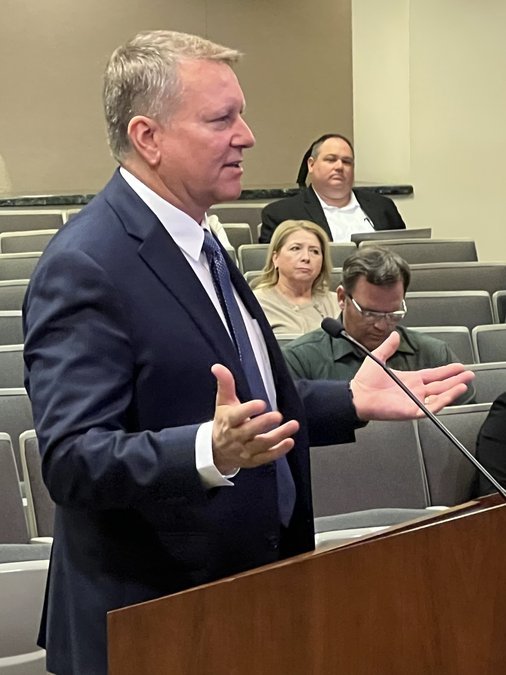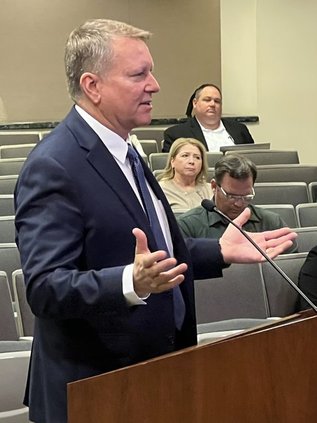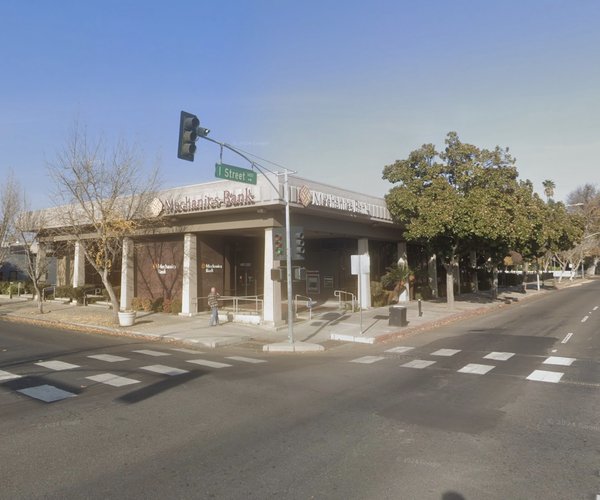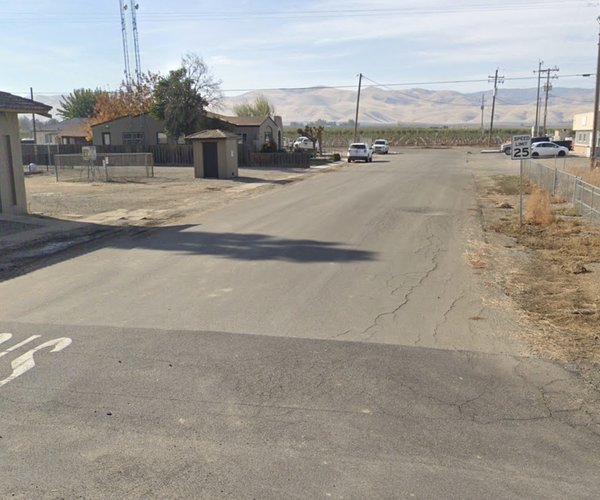MODESTO — The Stanislaus County Board of Supervisors agreed to accept nearly $40 million in state grants — administered by the Department of State Hospitals — to help curb the rising number of defendants who are declared mentally incompetent to stand trial.
Over the past decade, the state has seen an increase in the number of IST defendants facing felony charges, and the year-to-year increase in referrals to the DSH outpaces the development of additional treatment capacity.
“Right now, we’ve just voted to accept the grant money,” said Supervisor Vito Chiesa (District 2). “We have to actually construct something to be able to pull down those funds, and we’re not there yet. That remains to be seen.”
The IST Diversion and Community-Based Restoration Infrastructure Project would provide $11.25 million from July 1, 2025, through June 30, 2028, to be used for residential housing to support IST individuals.
Another $28.225 million for the Pre-Trial Felony Mental Health Diversion Program — with a term lasting until June 30, 2030 — would go toward providing diversion services for 30 new mental health clients annually, for an average stay of 18 months.
“These defendants that we’re dealing with, there’s kind of a pattern of crimes,” said Stanislaus County District Attorney Jeff Laugero. “It’s usually a fight with family members that can get out of hand, it’s arson, it’s vandalism, some stolen automobiles — things of that nature.
"So, we’re trying to focus on felonies that are typically committed by this group. Anything that’s serious or violent, something that we’d really have reservations about putting that person into the community, those aren’t going to qualify. And with a number like 30 defendants, we’re going to be able to fill that up pretty quickly just with those lower-level felonies.”
Only four counties in the state — San Joaquin, Imperial, and San Mateo — had worse numbers than Stanislaus County. With a 2022 baseline number of 89 IST referrals, Stanislaus County issued 148 referrals in 2024 — 66 percent over that baseline number.
As a result, the county has incurred financial penalties under Senate Bill 184 (2022): $450,000 in fiscal year 2022-23, $3.975 million for fiscal year 2023-24, and a projected $2.6 million for 2024-25.
However, the county gets reimbursed when it devises a plan of action for reducing its IST number.
“These fines, we send them to the state, we develop a plan on how we’re going to expend those funds locally, and then they send those funds right back to us,” said Ruben Imperial, the county’s behavioral health director. “Then we have to report on how we’re spending those funds based on that plan. And that money is returned to us primarily to do pre-booking diversion and keeping people out of the system.”
Supervisor Terry Withrow (District 3) said he sees a silver lining.
“In the end, this is a positive thing,” said Withrow. “I know we have to come up with this money. Hopefully, a lot of it is going to go toward programming that’s going to help bring these numbers down. In the end, it’s going to make this county a better place to live, and it’s going to help a lot of individuals that need help, and keep them out of our criminal justice system.”





